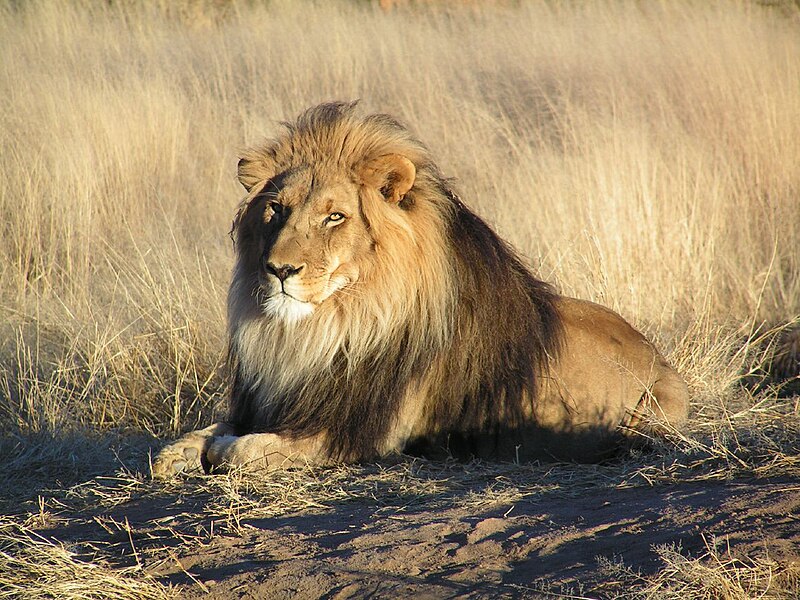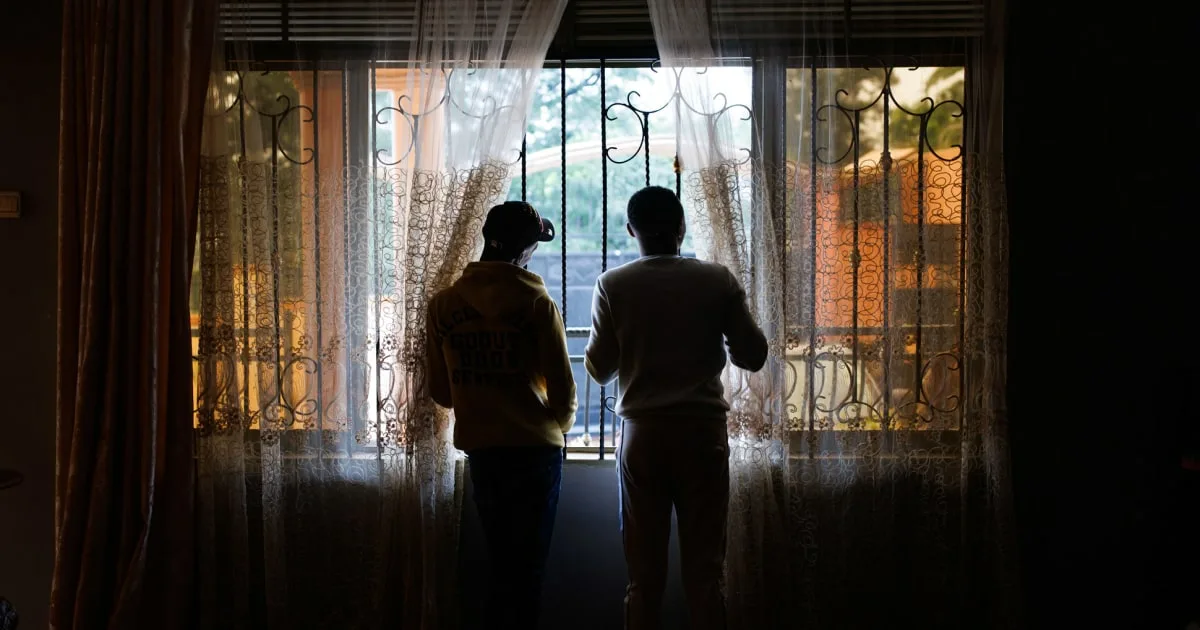DW
The climate is changing. Temperatures have risen an average of 1.2 degrees Celsius compared to the pre-industrial age — due in most part to the burning of fossil fuels that release planet-heating greenhouse gases.
But how is the resulting climate change making itself felt in everyday life? And what has changed compared to the past?
DW spoke to people across , one of the most in the world, to understand how they are being impacted.
Mumino Roble was displaced in Somalia due to climate change
The area we lived in was prosperous. During the dry season we were at the farms and during the rainy season we moved the animals to an area called Bula Falay. And when we came to the farm animals, the cows used to feed on the crop residue or plants during dry seasons. It used to be prosperous. It was not like now.
Now there is no farm to plough, the river is dry. There is no rain so people have nothing to do. We lived with the wild animals. There were the elephants, the antelope, the dik-dik [a kind of antelope] and other wildlife. The wild animals used to graze with the domestic animals. The land has changed.
There is so wild animals moved and left. took place. The land is not suitable to live on. Wild animals migrated and left to save their lives. There is no rain because of climate change and country change. We fled because there was nowhere to settle.
We lost the river, it dried. We miss rain. We are the cause of all this, we brought the problem with our own hands. Humans are the cause.
Nancy recalls how the weather has become more extreme in South Africa
At times in summer we just get very heavy rains, which is unusual. When we were growing up, we didn’t have that kind of rain. We had normal rains. Now I don’t know what’s going on, the weather has now automatically just changed.
We were never where we are now. [After the rain] there would be birds which we used to see. Lot of big white big birds. Now we don’t see them. You don’t know why, they are just gone.
There’s too much rain now, too much rain. So I am told this is climate change. And that’s what they tell us. They say this is climate change, because you can see the difference with the heat, the summers have become , very, very hot, and now the winter has also become very severe.
Abdulkadir Moallim Alo, 62, remembers when rain was plentiful in Somalia
If I glance back at my childhood and how the environment used to be and how the environment is today, in my childhood there was rain while we were in classes.
After two weeks, the whole environment was green, with flowers, fragrance and beauty. It used to be like that every year. After we had grown crops, we could see the beautiful environment.
Then we see that the situation had totally changed. There was a shortage of rain and it did not rain regularly and also the river became dry and all our crops died because of shortage of water.
Rain is not as it used to be, rain has become intermittent drizzle. So we, the people of the area, the teachers, we experienced a big burden. I think the burden was brought by .
Ibrahim Gwamna Msheliza, 71 describes a fast-changing landscape in Nigeria
I grew up in a place within the Savanna region of the state. When I was a young man, we had a lot of trees, we had rivers. And we had a lot of game, meaning wild animals around.
But now over time it has changed. The thick trees we had when I was young are no more there.
Human activity in the sense of a lot of trees have been cut down, people use them for firewood and people are no more planting trees as used to be the practice when we were young.
Another thing is that when we were young, we had a lot of game. Wild animals were coming. Today you can hardly find species of those animals that we enjoyed watching when we were young.
Edited by: Tamsin Walker
The interviews have been edited and condensed for clarity.



Connect with us on our socials: